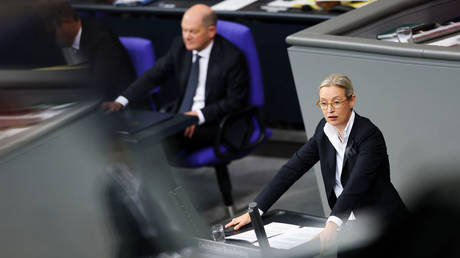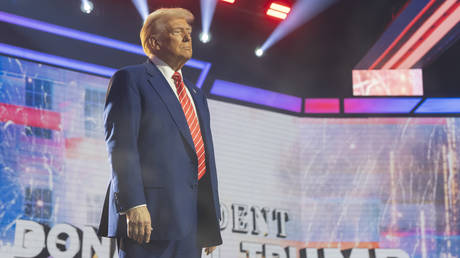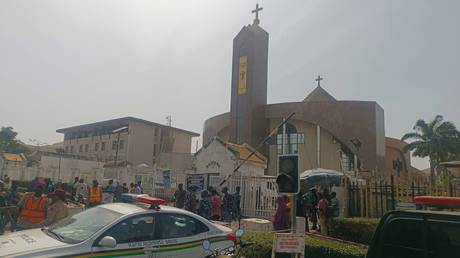Sarra Bounouh worked as a product manager at Microsoft, Snap, and Meta.
Sarra Bounouh
Sarra Bounouh is a product manager at Meta. She previously worked at Microsoft and Accenture.For interviews, she emphasized the importance of mock interviews and role research.Bounouh advised preparing a list of questions to ask both leaders and hiring managers.
This as-told-to essay is based on a conversation with Sarra Bounouh, a product manager in Meta’s Seattle office. It has been edited for length and clarity. Business Insider has verified her employment history.
I grew up in Morocco and moved to France after completing high school.
I studied applied mathematics at university and had a couple of career options.
I decided to go into consulting because I wanted to explore different types of projects and different types of problems, work with different industries, and find out what I’m passionate about. I interned at Accenture and eventually converted to a full-time job.
Working on artificial intelligence projects built my interest in tech, and I started pursuing some courses after work. It was difficult to keep up with my consulting schedule, and I decided to go back to college to study computer science.
I moved to the US to pursue a master’s from Texas A&M and landed a product manager role at Microsoft after graduating in 2020.
I worked at Microsoft for about three years, before moving to Snap. I made the switch from Snap to Meta earlier this year.
Product manager applications typically involve between five to eight rounds of interviews and include a mix of technical and behavioral sessions.
Here are four ways I prepare before an important Big Tech interview:
Mock interviews
Product management has several frameworks, and there are too many things to learn. There are also far too many resources, and it is very easy to get distracted and overwhelmed.
My go-to strategy has been mock interviews. One week before a big interview, I schedule practice interviews with mock partners and I select some questions I want to work on each day before the interview.
Research the role and company
In the days leading up to the interview, I do some research about the role. I read the job description again and think of instances in my past experiences that map to the responsibilities listed.
I also look into the company and research the recent releases from the company or even from the team I plan to join, if possible. I like going into the interview having an overview of the company, and what their strategy is so far.
Bounouh joined Meta in 2024.
Sarra Bounouh
Prepare a list of questions
An important part of my interview strategy is to prepare a list of questions to ask the interviewer. I separate my questions based on whether it is someone in a leadership position or a hiring manager.
For a leader:
What is the strategy of the team and the company? How do this team’s objectives and key results fit into the overall mission and strategy of the company?What do you have in mind for the team in the next six months and the next 12 months?What would make the person in the role that you’re hiring for stand out?
For a hiring manager:
Who are the people someone in this role will be working closely with?What does success mean for this role?Tell me about a project the team worked on recently, and the impact it had?
This is one of my favorite questions. I like it a lot because it helps me evaluate the scope of work that the team has and then link it back to the role they’re hiring for. I make sure to ask all hiring managers this question if there are multiple interviews.
Switch gears 24 hours before
I’ve tried two strategies for the day before an interview, and I’ve found one to be far better for me mentally.
In the past, I continued to work on preparing for technical product management questions even on the last day. I’ve observed that I’m much more nervous and anxious on the day of the interview, and I felt that it impacted my overall interview performance the next day.
More recently, I have decided to relax and not do too much 24 hours before a big interview. I just try to reflect on what I have learned so far and not work on any new problems.
I have found that it helps me feel less stressed on the day before the interview. I have also come to realize that the last 24 hours cannot change much, and it is better to go in feeling confident that you have done your best and are prepared.
Do you have a story to share about your career journey? Please reach out to shubhangigoel@insider.com.





+ There are no comments
Add yours